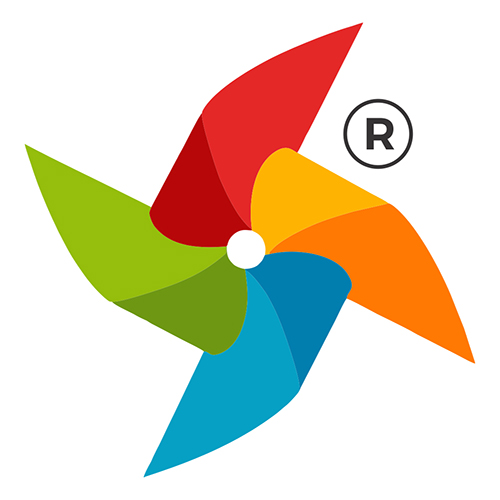


Lego Building Therapy Technique at Pinnacle Blooms Network uses engaging activities with Lego bricks to enhance cognitive development, communication skills, social interaction, and fine motor skills in children with autism and developmental delays. By integrating Speech Therapy, ABA, Occupational Therapy, and Special Education, we provide a comprehensive approach to your child''s development.
Lego Building Therapy is evidence-based and uses structured building activities to build essential cognitive, communication, motor, and social skills that lead to long-term positive outcomes.
Lego Building Therapy involves using Lego bricks in various therapeutic activities to help children develop cognitive abilities, communication skills, motor skills, and social interactions, enhancing their overall development through engaging building exercises.
It improves cognitive abilities, communication skills, motor skills, and social interactions by engaging children in building activities that promote effective cognitive processing, language development, motor coordination, and social engagement, leading to better daily functioning and learning outcomes.
Lego Building Therapy is suitable for children with autism, developmental delays, and other conditions affecting cognitive abilities, communication skills, and motor skills. A comprehensive assessment by our team will determine its suitability for your child.
Pinnacle Blooms Network unit of Bharath Healthcare Laboratories Pvt. Ltd. - World's #1 Autism Therapy Centers Network Successfully Delivered 6.3Million+ Exclusive 1:1 Therapy Services with 97%+ Measured Proven Improvement Rate.
Core purposed to be empowering 900 Million+ Kids, Parents, Families suffering from sensorial conditions such as Autism, ADHD, Speech, Occupational, ABA, Special Education Needs.. to be Self-Sufficient, to be part of Mainstream Society, to have Wonderful Life Plausible, to Bring Smiles into their Families.
By 1,600+ Fulltime, Permanent, Certified, Qualified, Proven, Multi-Sensory, Multi-Disciplinary, Integrated Autism Therapy Experts empowering kids across 100+ Pinnacle Blooms Network Centers Spread PAN India, Abroad.
Innovated, Built and Lead by Mothers for Kids, Parents, Families, Employed 70%+ Fe-Male Co-Workers, Pinnacle Blooms Network unit of Bharath Healthcare Laboratories Pvt. Ltd. is the world's #1 Safe Secure Autism Therapy Centes Network for your kid, you, your family.
Empowered 6.3Million+ Kids, Parents, Families from 41+ countries of our wonderful world by far and counting. Best Speech Therapy Center, Best Occupational Therapy Center, Best ABA Therapy Center, Best Special Education Center near. Call 9100 181 181 for your kids wonderful self-sufficient, part of mainstream life, 24x7, 365 days, 18+ Regional, National, International Languages.
Disclaimer: The information on this site is not intended or implied to be a substitute for professional medical advice, diagnosis or treatment. All content, including text, graphics, images and information, contained on or available through this website is for general information purposes only.
